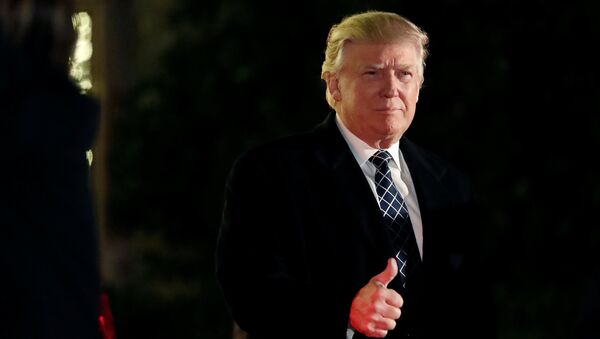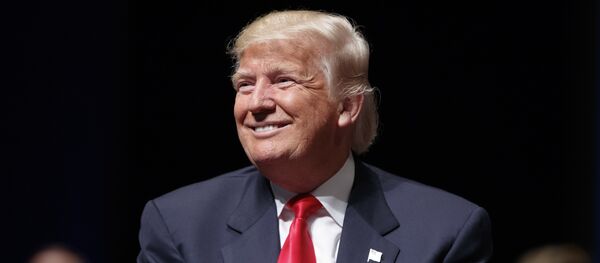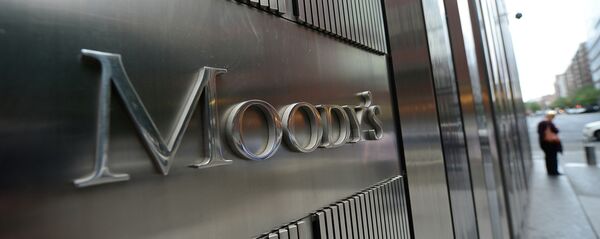Trumponomics have indeed proven to be quite divisive even before the new President took office, due on 20 January, as the proposed supply-side economic reform coupled with a Neo-Keynesian fiscal stimulus is an unprecedented recipe, the outcome of which is impossible to predict.
American small businesses’ confidence of economic prospects improved in the biggest one-month gain since 1980. In December 2016, the National Federation of Independent Business’s (NFIB) index rose a stunning 7.4pc to a reading of 105.8 in just a month after the election, from 98.4 points before Trump’s election into office. The upbeat sentiment is supported by the expectations of a more buoyant inflation and, subsequently, sales.
“We haven’t seen numbers like this in a long time,” Juanita Duggan of the Washington-based NFIB, said in a statement. “Small business is ready for a breakout, and that can only mean very good things for the U.S. economy. Business owners are feeling better about taking risks and making investments.”
All this money will likely end up in small business pockets as spending on services and goods provided by the Main Street small-business America.
According to the US Small Business Administration’s terminology, a small business is an enterprise that employs less than 500 workers. These types of companies are expecting, according to the NFIB and the federal government’s data, are expecting better economic conditions in the coming six months, a 38pc improvement in Main Street sentiment compared to that in November.
However, US financials are wary somewhat. Wall Street’s cautiousness has recently resulted in a weaker dollar as debt-servicing costs rose amidst the anticipation of the federal fiscal stimulus. Under Trump, the US government is likely to expand its borrowing to finance its venture to renovate America, pushing debt-servicing costs higher already. Given that corporate America is far deeper in debt than the US government (roughly $29 trln compared to roughly $19 trln), higher costs of loan servicing are a bigger problem to Wall Street bosses than to the Trump administration.
The market is “taking profit ahead of Trump’s news conference tomorrow in which he will hopefully reveal some of his plans,” Thu Lan Nguyen of Commerzbank AG said. “There is still much uncertainty about how his exact economic agenda will look.”
However, the SPDR Gold Shares, the world’s biggest gold-backed exchange-traded fund (ETF) that works with large institutional investors, has recently suffered a major outflow of capital, whilst iShares Gold, a platform for smaller and individual investors, attracted capital. The gold market is becoming increasingly fragmented despite the gain in have asset value, reflecting the Trump-produced uncertainty. The market does not really know whether to buy or sell gold, currency or any other type of asset: Trump is the enigma.
“It looks like the hot money is showing a real negative sentiment towards gold,” Eric Balchunas of Bloomberg Intelligence said. “Retail investors and advisers seem to be continuing their allocation to gold through these other vehicles,” such as iShares Gold.
Meanwhile, the higher volatility in the US financial markets has attracted an increased amount of investors back to equity trading with yielding higher and quicker returns. While the uncertainty still lingers, there are money-making opportunities, but the broader picture will be clearer somewhat after the Trump transition team lays out its economic plan.
One thing is certain for now, however: even before taking office, Trump has established himself as the Main Street pro-saver supply-side economic planner, whilst anxiety is spreading in the midst of the debt-ridden corporate America. The “borrow and spend” economics might work for the US government for a while in its effort reinvigorating the infrastructure and labour market, but the golden days of corporate debt are gradually becoming a bygone era of economic irresponsibility.







